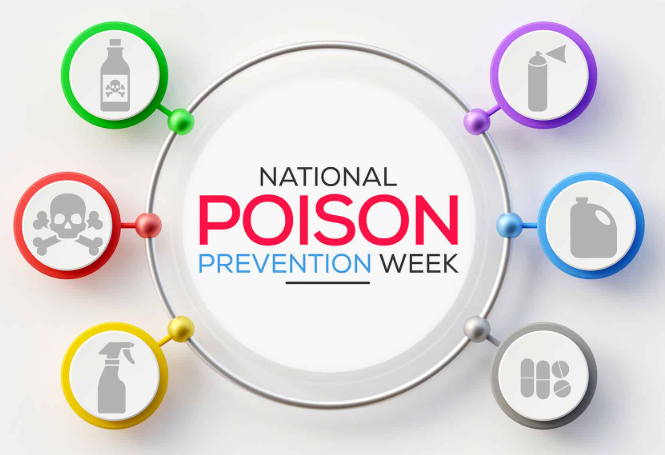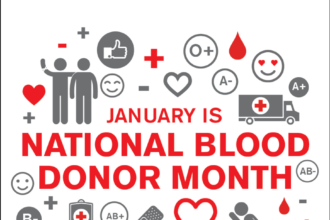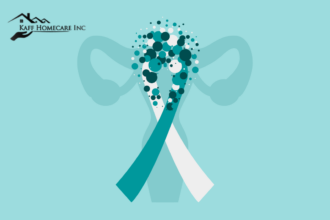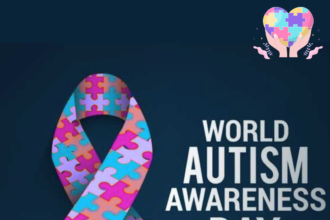Understanding the Risk
Poisoning is one of the leading causes of unintentional injuries and fatalities in the United States. Each year, over 2 million poison exposures are reported to poison control centers, with the majority occurring at home. Many poisoning incidents involve young children, as their natural curiosity leads them to explore potentially hazardous substances. Seniors are also at risk due to confusion over medications or unintentional misuse.
In addition to household cleaning products and medications, poisoning can also result from contaminated food, inhalation of toxic gases, and accidental ingestion of harmful substances. Prevention requires vigilance and proper storage of potentially dangerous products.
Common Household Poisons and Their Risks
Many everyday household products contain chemicals that can be dangerous when ingested, inhaled, or come into contact with the skin. Below are some of the most common sources of poisoning:
🛑 Medications – Prescription and over-the-counter drugs can be hazardous when taken in excessive amounts, mixed improperly, or accessed by children and pets. Pain relievers, antidepressants, and blood pressure medications are among the most commonly involved in poisoning incidents.
🛑 Cleaning Products – Items such as bleach, ammonia, detergents, and disinfectants contain strong chemicals that can cause burns, respiratory issues, or severe illness when ingested or improperly mixed.
🛑 Pesticides and Insecticides – These contain harmful toxins that can be dangerous when inhaled or absorbed through the skin. Ingestion, even in small amounts, can cause nausea, dizziness, or more severe complications.
🛑 Carbon Monoxide (CO) – This odorless, colorless gas from stoves, furnaces, and generators can be fatal when inhaled in large amounts. CO poisoning symptoms include headaches, dizziness, confusion, and nausea, which can be mistaken for the flu.
🛑 Alcohol and Nicotine Products – Alcohol-based sanitizers, mouthwashes, e-cigarettes, and tobacco products contain chemicals that are harmful, especially to young children and pets.
🛑 Cosmetics and Personal Care Products – Many beauty products contain chemicals that can be toxic if swallowed. Perfumes, nail polish removers, and hair dyes should be stored securely.
Top Poison Prevention Tips
Protecting your household from accidental poisoning requires proactive steps. Here are some key safety measures to follow:
✅ Store Products Safely – Keep all medicines, chemicals, and household cleaners out of reach of children and pets. Store them in cabinets with childproof locks.
✅ Read Labels Carefully – Always follow the recommended dosage for medications and read warning labels on cleaning products and chemicals.
✅ Dispose of Expired Items Properly – Expired medications and household products should be disposed of at local hazardous waste centers or drug take-back programs.
✅ Use Child-Resistant Packaging – Ensure that medications, cleaning products, and chemicals are stored in containers with child-resistant lids and keep them locked away when not in use.
✅ Install Carbon Monoxide Detectors – Check that CO detectors are installed and working properly in your home to prevent CO poisoning.
✅ Secure Household Plants – Some indoor and outdoor plants can be toxic if ingested. Research which plants are safe, especially if you have pets or young children.
✅ Keep the Poison Control Number Handy – In case of emergency, call Poison Control at 1-800-222-1222 or dial 911 for immediate assistance.
What to Do in Case of Poisoning
Quick action is crucial in the event of a poisoning incident. Follow these steps based on the type of exposure:
🚨 For swallowed poison: Do not induce vomiting unless instructed by medical professionals. Rinse the person’s mouth with water and call Poison Control immediately.
🚨 For skin exposure: Remove contaminated clothing and rinse the affected area with running water for at least 15 minutes to prevent further absorption.
🚨 For inhaled poison: Move the person to fresh air immediately. If they experience difficulty breathing, call 911 for emergency medical assistance.
🚨 For eye exposure: Rinse the eyes with lukewarm water for 15–20 minutes and seek medical help if irritation persists.
Additional Preventative Measures for Specific Groups
Certain groups are more vulnerable to poisoning risks. Here’s how to protect them:
👶 Children: Store all toxic substances out of their sight and reach. Educate them about the dangers of consuming unknown items.
👵 Seniors: Use pill organizers to avoid confusion with medications. Ensure proper labeling to prevent accidental overdose.
🐾 Pets: Keep cleaning products, human medications, and toxic foods like chocolate, grapes, and xylitol-containing items away from animals.
Final Thoughts
Poison prevention starts with awareness and proactive safety measures. By securing hazardous items, educating family members, and being prepared for emergencies, we can significantly reduce the risk of accidental poisoning.
At KAFF Homecare Inc., we encourage everyone to take part in National Poison Prevention Week by reviewing home safety practices and spreading awareness to protect our communities. A poison-free home is a safer home for everyone!
💬 Share this blog to help others stay informed and safe!
#KAFFHomecare #PoisonPrevention #HomeSafety #NationalPoisonPreventionWeek #StaySafe




